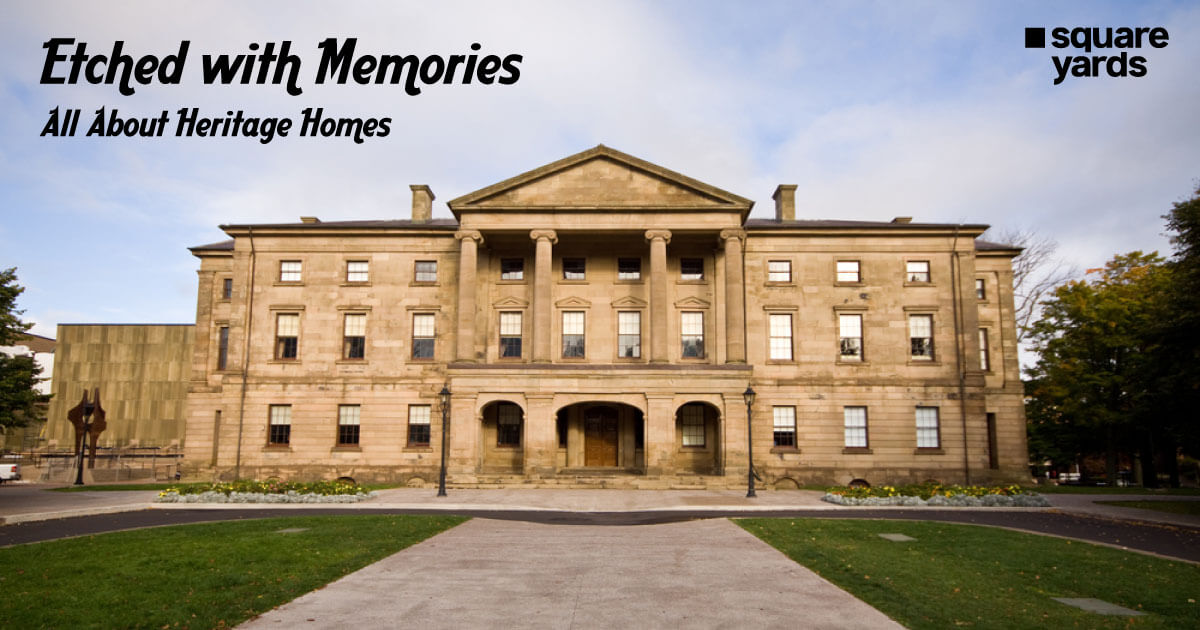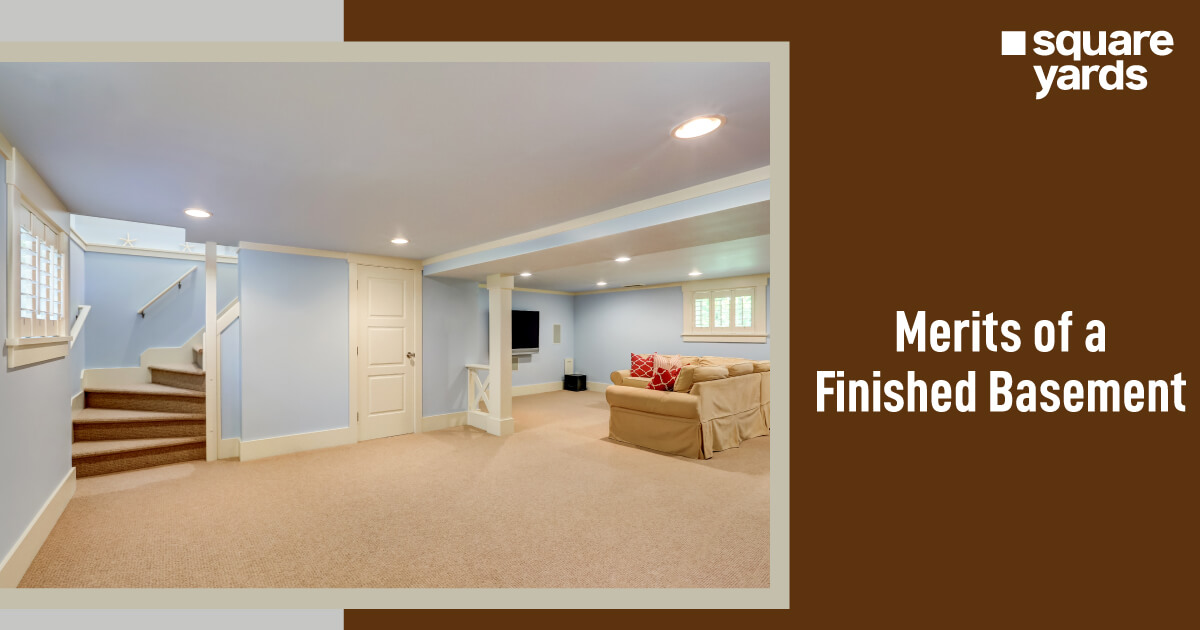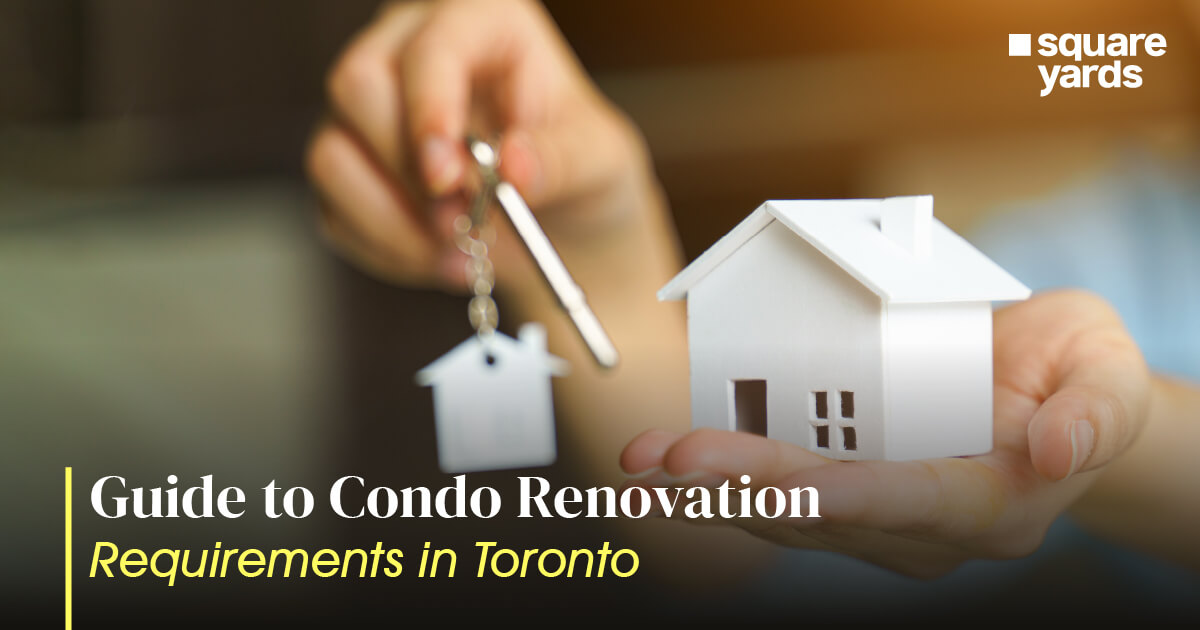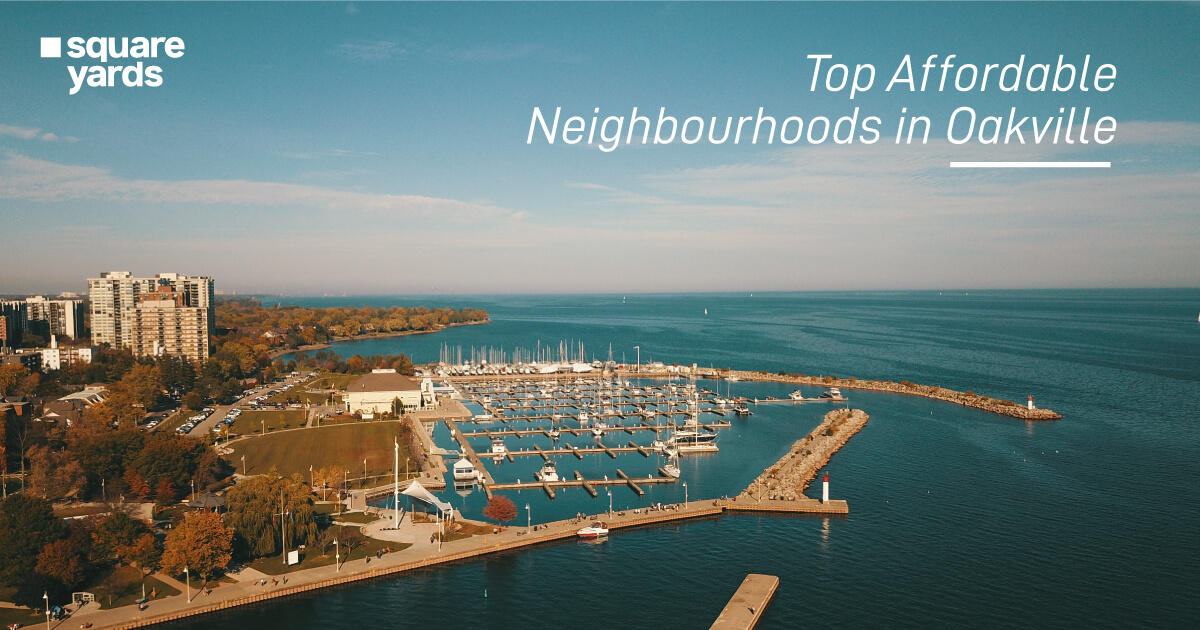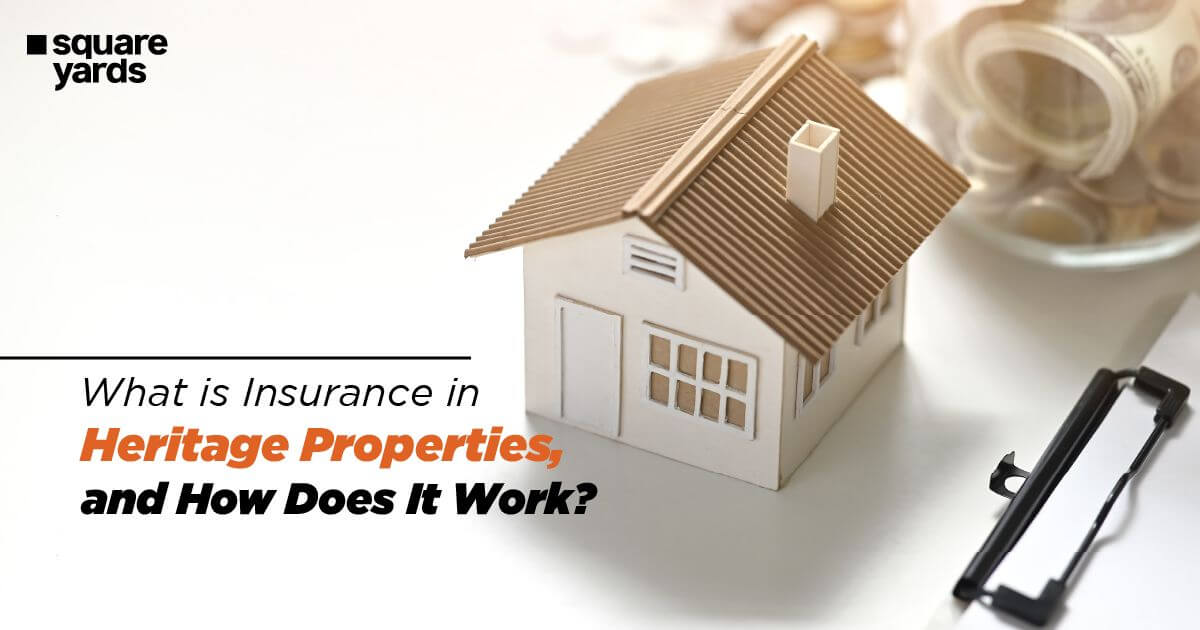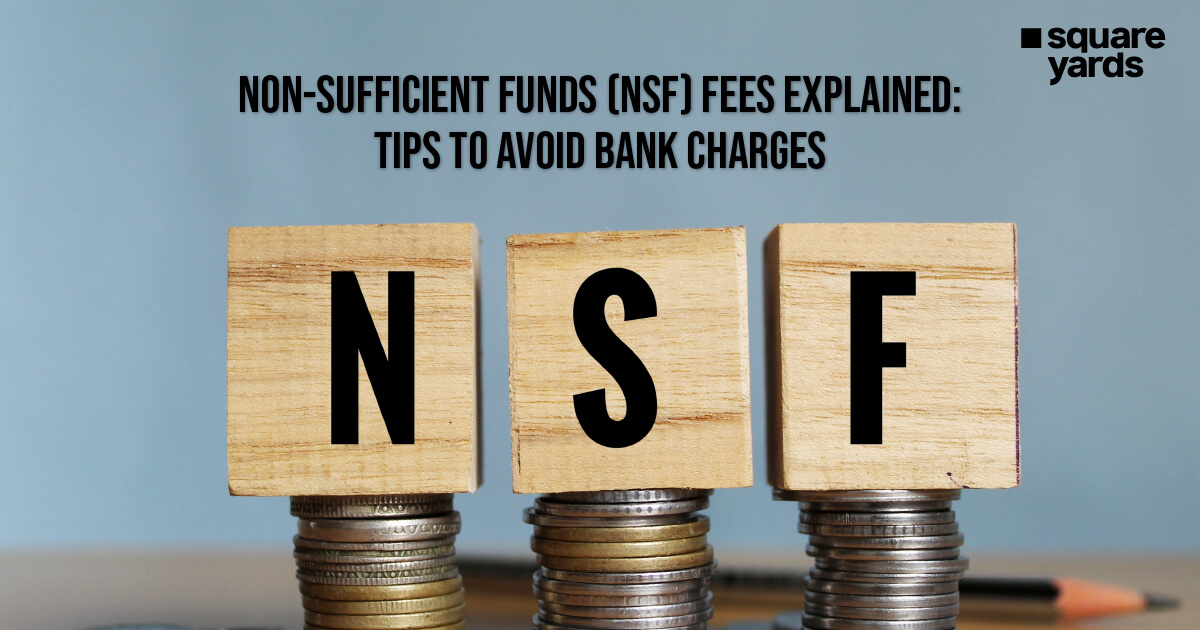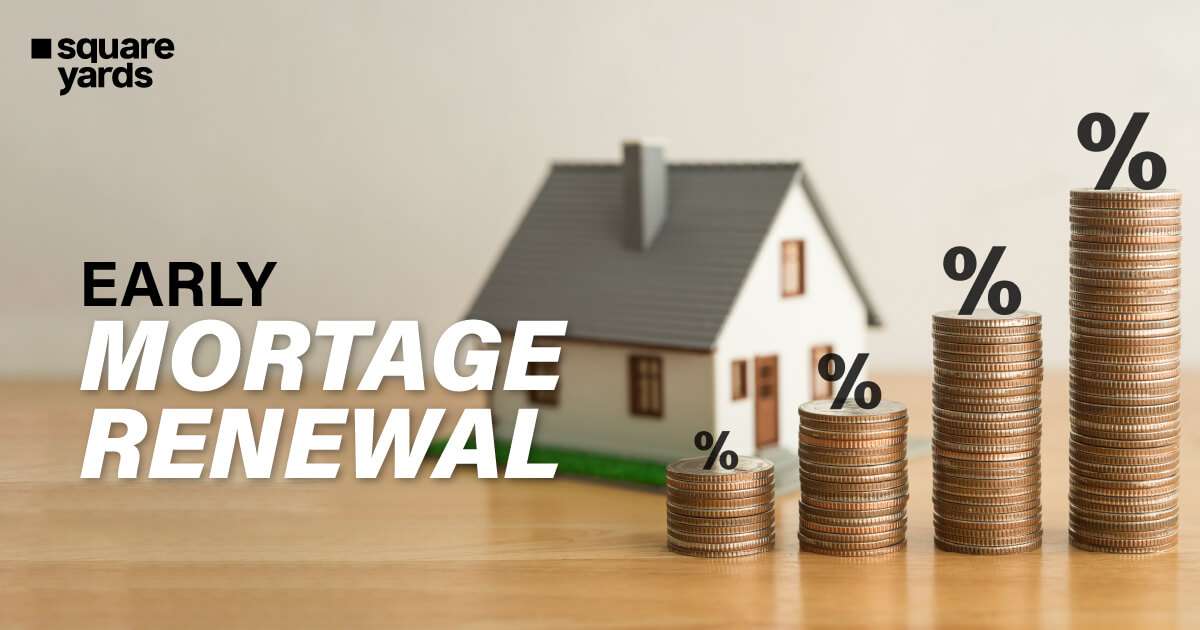Imagine dwelling in a heritage real estate property that wafts the scent of old ruins, where each brick is etched with memories, and every door unravels a tale of all the dwellers who stopped by. Owning a heritage home ignites a sense of sheer excitement with the unique charm it embodies. However, it also brings its set of problems along with its legacy. From understanding what heritage homes are to navigating the complexities involved in purchase and maintenance, this blog will bust all your doubts about heritage homes in Canada . Join us as we venture into a journey of exploring the charms and challenges of preserving a historic structure.
Basics First: Heritage Homes in Canada
A heritage real estate property is a building or site with a strong cultural, architectural or historical significance. These sites, which come in various forms, such as centuries-old castles, historical homes and artefacts, are usually assigned by heritage organisations, either local, regional or national, to safeguard and appreciate the nation or the region’s past and heritage. Every governing body has its criteria for designating a heritage property; however, these properties must possess distinct characteristics associated with history. Following its designation, these properties may be protected and regulated to preserve their original state, ensuring the coming generations can link to their past.
Right Choice: Are Heritage Homes Right for You?
Now that we know what heritage homes are and who regulates them, it might be tempting to own one such site loaded with historical significance. However, is it the right choice for you, considering your passion and practicality? Owning a heritage real estate comes with its own set of rewards and considerations. While keeping the chance to preserve history and the benefits of certain incentives on one side, you should also keep in mind the complexities involved as they come with strict guidelines on renovations and repairs. Your hands will be tied while making changes to the property.
Moreover, the insurance premiums for heritage homes are higher than those for non-heritage homes due to their nature and specialised work. Before making a decision, carefully weigh your commitment to preserving history and the practicality involved. If you are someone looking for a home where you have the liberty to modify, then a heritage home may not be ideal.
The Age of Heritage Homes in Canada
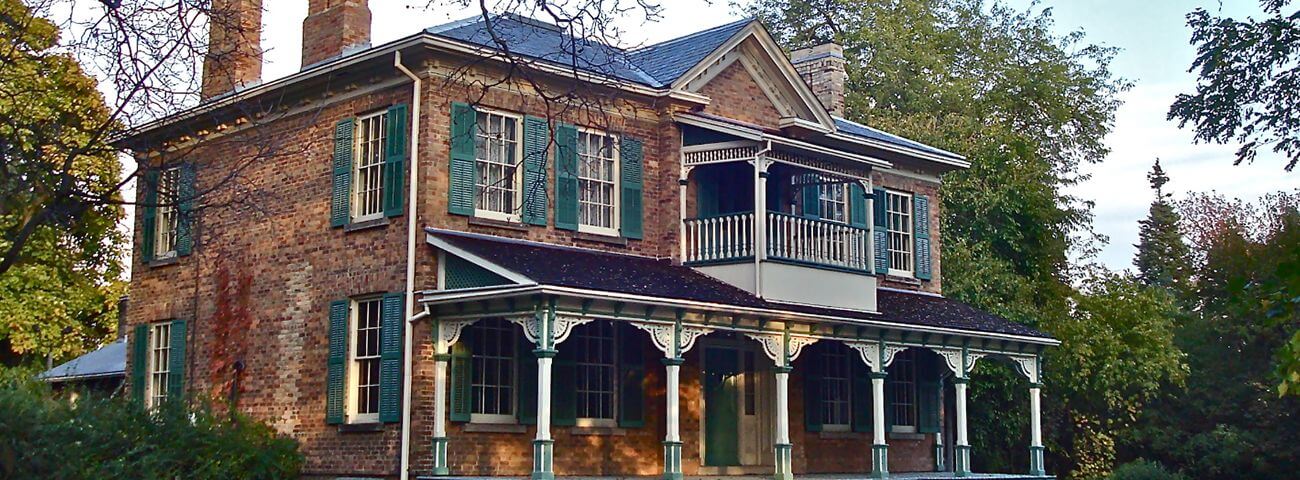
Age is not just a number but an important criterion for considering a site a heritage realty representing a particular historical or cultural period. The age of the property varies significantly depending on the region and country. In Canada, many heritage homes date back to the 1850s and 1930s, considering the settlement patterns of the 19th and early 20th centuries. For a building or site to be considered a heritage designation, it needs to be of a certain age. Often, this means that the property needs to be at least 50 years old but not fixed and have significant historical, cultural and architectural importance. Depending on the organisations tasked with designating heritage property, priority may also change from age figures to architectural style, as well as any historical and cultural significance.
This means that some organisations prioritise significance over the age of the property. Hence, there is no universal age ruling for designating a heritage property. The emphasis is given to the importance of preserving for future generations.
Old vs Heritage: Are All Old Homes Heritage Real Estate Property?
When asked whether every old home should be considered heritage real estate, the answer is usually “no”. Designating heritage homes in Canada requires certain criteria to be fulfilled that go beyond the numerals of the site’s age. For instance, if the property’s age is the only determining factor, all the century homes lined up in Downtown Guelph would qualify as heritage sites. In fact, to stamp a property as a heritage designation, it should showcase its unique value and historical associations, which are worthy of being preserved in their original form and character for future generations to sink in.
Additionally, the sites should also maintain a degree of integrity and authenticity in their designs. In short, heritage designation requires a careful selective procedure of distinguishing them from mere old buildings, ensuring only the sites with distinctive features are preserved.
Bob the Builder: Renovating a Heritage Home
Imagine you own a century-old heritage real estate property. Renovating it is expensive and subject to strict restrictions and guidelines aimed at preserving the property’s architectural, historical and cultural significance. These rules and regulations may vary by the organisation, province and municipality. Homeowners must obtain approval from the concerned authority before starting any renovation procedure. The purpose of this is to ensure the original structure remains intact and no modifications compromise the integrity of the building. These restrictions range from structural alterations to the choice of materials. In certain circumstances, interior renovations may be less restricted while allowing flexibility as long as it does not affect the structure’s appearance and character. It is important for you to consult the heritage authority first for more clarity before deciding to renovate.
Keen Eye: Identifying a Heritage Real Estate Property Status
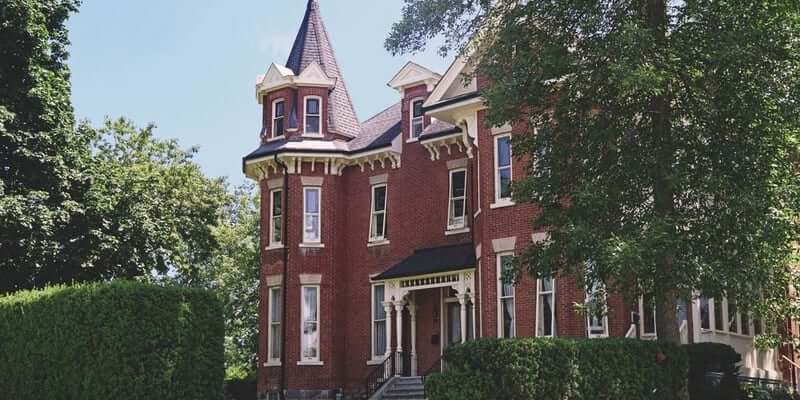
If you are looking for a heritage real estate property, you can determine its status by navigating through local records and databases. Each provincial and municipal government handling the records in Canada has its own rules and regulations. You can approach them directly to extract the status of a heritage home or browse relevant information online. Approaching the municipal office directly will provide you with information on the property status and guide you through the process of designating a property and what it means for a homeowner.
Moreover, the local heritage organisation comes to the rescue in cases of homes that are not officially designated but hold significant historical value, as they have extensive knowledge of the area’s history. In short, gathering information on the status of a home in Canada requires checking with government offices, browsing online, or contacting local communities.
Compare and Contrast: Heritage Homes vs Designated House
The market value of heritage homes in Canada is influenced by the property’s location, condition, size, and unique features. Because of their distinctive features and importance, heritage homes hold more value than non-heritage homes. The character of these sites makes them highly desirable for certain buyers, which increases the market value in areas where the historical preservation community maintains such sites. People may also find heritage homes bothersome in other cases owing to their restrictions and regulations.
Finance Speaks: Heritage Real Estate Ownership
Owning heritage real estate is fascinating. However, it comes with a combination of challenge and delight. The romanticism of preserving a historical site may seem charming, but the concern for endless repairs and renovations is scary. You should consider the maintenance and repair costs before buying a heritage home since the home’s structural elements and essential systems will require massive replacements. Additionally, older homes have regulations and guidelines strictly preserving the site’s historical integrity. Hence, the buyers of heritage homes in Canada should be prepared for the possibility of high maintenance costs. You should also be familiar with the local restrictions to avoid legal and financial complications.
To Wrap Up
Buying a heritage real estate property is a decision that should be made with a full understanding of its responsibilities. Proper budget planning and a commitment to preserving a historic site can help you own a heritage home without worrying about financial burden.
You May Also Read :
|
Know The Manufactured And Modular Homes |
|
|
How To Buy Homes As Is |
|
|
Explore Tiny Homes Ontario |
|
|
Guide To Asbestos in Homes |
Frequently Asked Questions (FAQs)
A heritage conservation district is an area with a unique identity, character, and historical significance that must be preserved for future generations.
Living in an HCD offers a fusion of benefits, including preserving historical sites and generating tourism.
Buildings and streetscapes fall under the category of tangible culture. Hence, they are included in the cultural heritage.
Yes, heritage buildings should be preserved and safeguarded in every possible way for the next generation to explore and understand the cultural heritage and significance of the past. What is a Heritage Conservation District (HCD)?
What are the benefits of living or owning in an HCD?
Are buildings and streetscapes included in cultural heritage?
Should heritage buildings be preserved?

